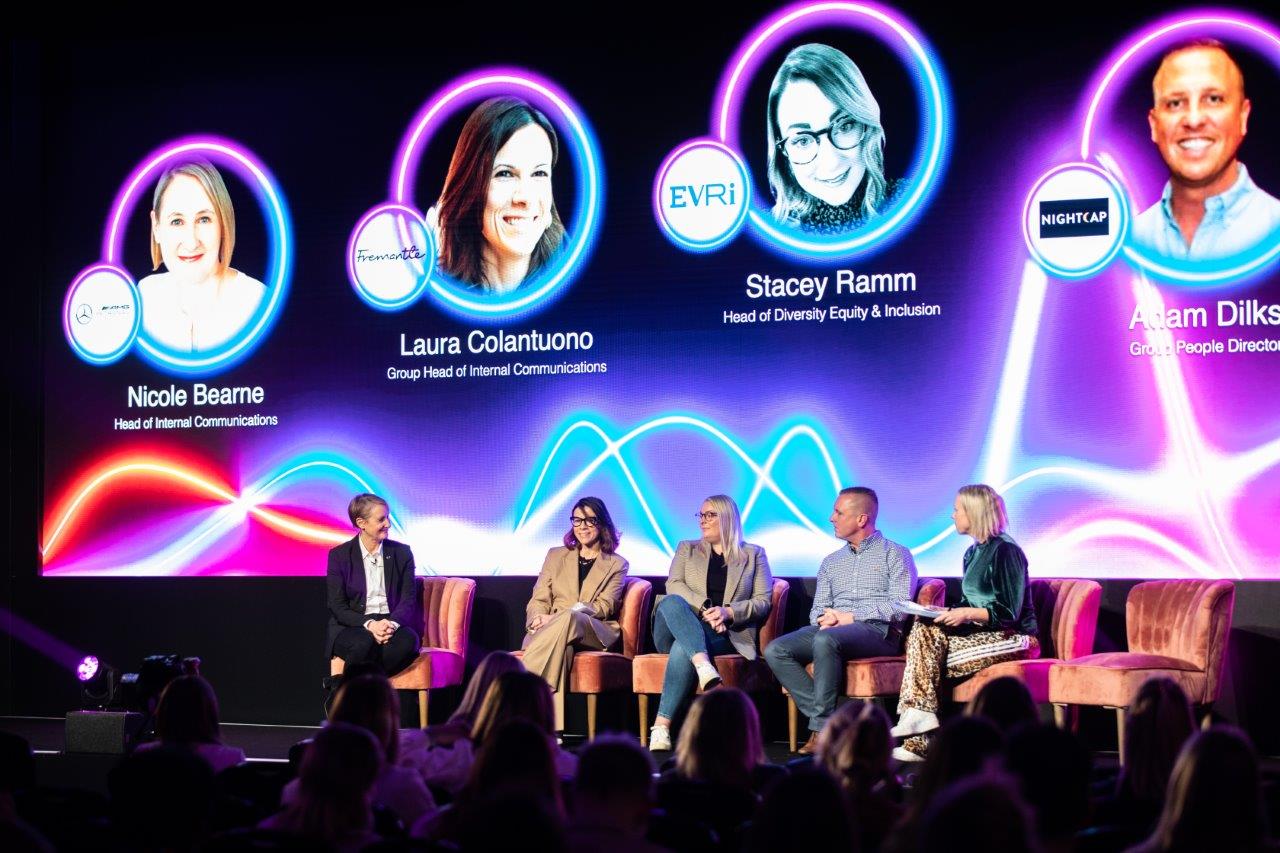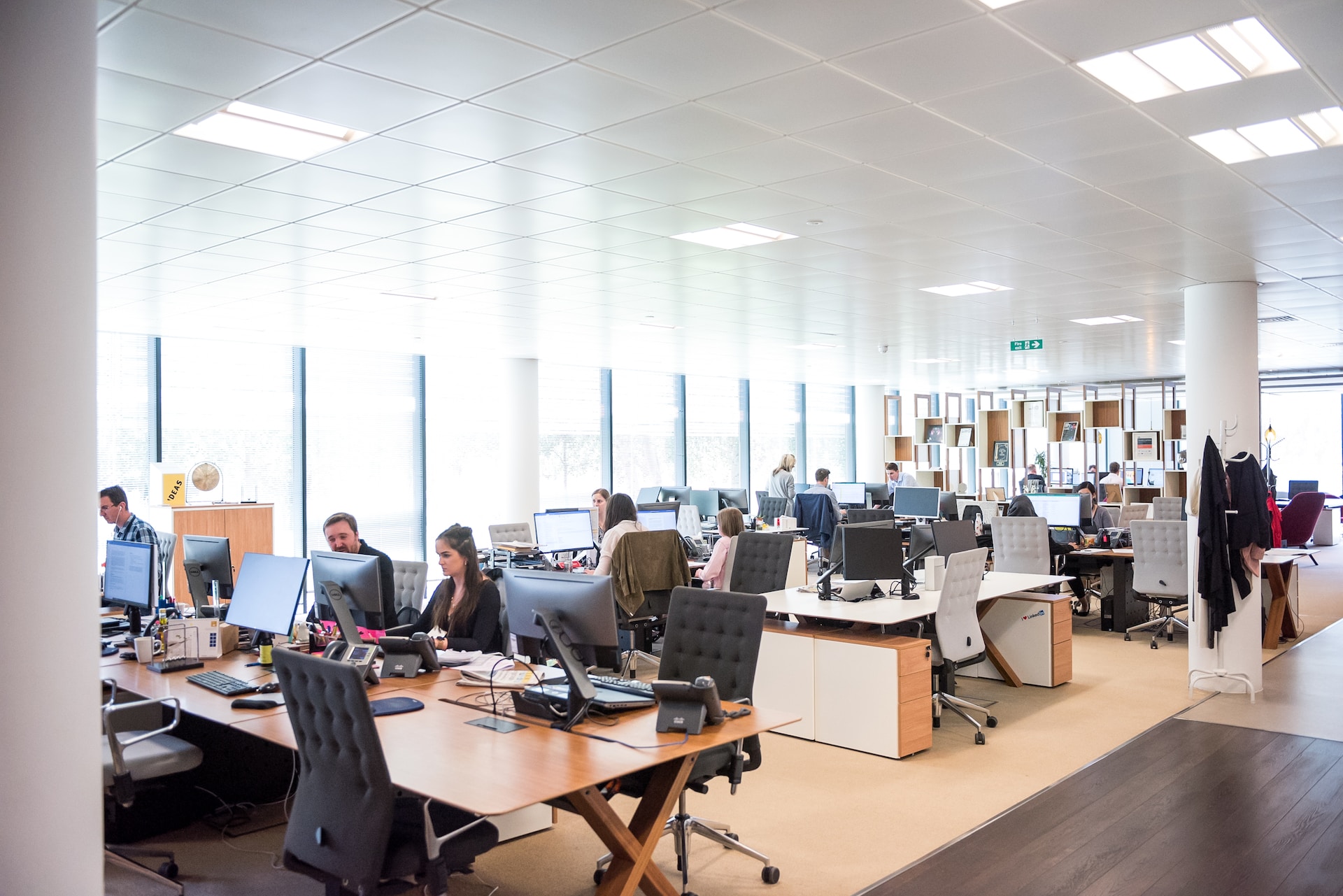True DEI should include different ways of thinking and improve business decision-making
By CEO, Optimal Decisions, Giorgia Prestento, a decision-making advisor, change management expert and behavioural scientist.
The UK HR profession is committed to making a difference around workplace inclusion and diversity. There are strong social needs for doing so, but it is good for business too, with the CIPD reminding us that, “Promoting and supporting diversity in the workplace is an important aspect of good people management” as it results in everyone in the organisation being valued as an individual.
To achieve this, it’s vital to create inclusive environments where everyone feels able to participate. However, inclusion just doesn’t mean gender and class, or even sexual orientation, though that’s how DEI is so often framed; a key goal must be to also foster what could be the most important form of diversity of all--cognitive diversity.
This is a huge oversight, as business is crying out for greater diversity of not just people and perspectives but thinking. Time and time again, brands falter because they keep producing the same old product or service, despite their market clearly having moved on. They stick with the same as they don’t have enough voices at the decision-making point who offered the voice of consumers they were neglecting. If that keeps happening, you’ll lose smart people who will go somewhere more interested in challenging the status quo.
How this happens: you can have a highly mixed team of genders and races in the decision-making meetings, but if they all grew up in the same type of area, went to the same type of school, had similar career pathways and are surrounded by the same type of people--then how ‘out of the box’ can their thinking really be?
Not convinced yet? Maybe McKinsey’s observation that companies in the top quartile for gender diversity on executive teams were 25 percent more likely to have above-average profitability than others, or Cloverpop’s recent analysis that showed more inclusive decision-making leads to 87% better business decisions might sway you—or that overall decision outcomes might improve by up to 60% if you can make this happen:
Jazz up your recruitment thinking
Too many firms only recruit from Oxbridge/Russell Group, and they may also rely on tools like psychometric or aptitude/personality tests. This only ever gets you employees that fit a certain mould, and so limit your chances of cognitive diversity. Expanding your traditional ways of recruiting is an important first step to achieving cognitive inclusion and diversity.
Be open to disagreement
To get fresh perspectives on your market, divergent opinions need to be heard and people should be encouraged to be open to them. To enable them to be heard and welcomed, you may want to create connections across your company, as we often just tend to work in small teams and so just don’t know what happens outside your immediate work connections. I once worked for a very successful corporation that randomly matched us all with somebody from a different part of company; this led to loads of new ideas and concerns getting aired that wouldn’t have been heard otherwise. So, set up a virtual coffee for somebody working in Procurement to speak to or a colleague in Sales or in Finance to find out what their perspective is.
Upscale your HR technology
Modern collaboration and communication tech is improving all the time, so use all the HR and workplace tools you can to promote inclusion and ways for people to better network and feel they can air their opinions. But this isn’t just Teams or Zooms video—a lot of people just don’t like cameras! They prefer--and often add huge value--by online commentary or emails post-meeting. Support this all you can by investigating what new collaboration tools can offer--like Slack, perhaps.
Smarten up the way you run your meetings
To achieve true cognitive diversity, take a long hard look at how your meetings are run. Having a structure and process for decision-making that guarantees different views get heard is critical. Doing so is important from the diversity perspective, because it ensures that all your people are included; for example, introverted colleagues, or team members that don't like to intervene.
Doing so means that people that might have the best answers, but will not propose them in a meeting, will get heard—and help you avoid missing opportunities. Anonymous e-voting on all decisions until a true majority agree should also be tried.
So--inclusion and diversity that doesn’t include the one inside all our heads is not inclusion and diversity at all. But its biggest problem is that it doesn’t make space for the diverse opinions that can lead to optimised decision-making.




.jpg)